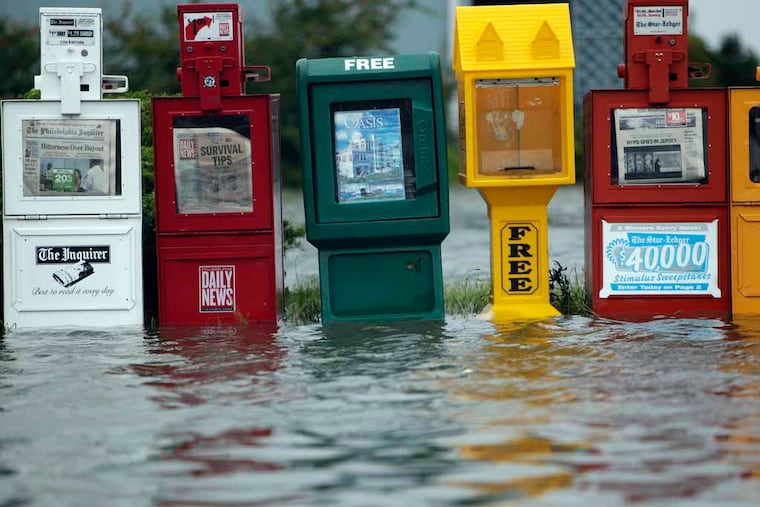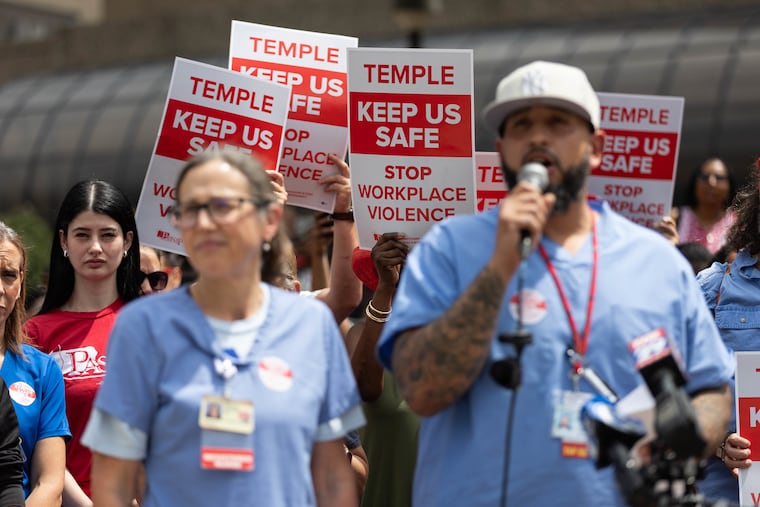Pennsylvania’s news deserts put communities at risk by limiting access to vital information and news coverage.
In Philadelphia, the media landscape is both diverse and dynamic. Yet, within this vibrant arena lie significant news deserts—communities experiencing limited access to reliable and comprehensive news coverage. This phenomenon highlights a growing concern in urban settings, where the void of credible journalism leaves residents underserved and uninformed.
Media News Source has explored notable efforts aimed at alleviating the challenges posed by these information voids. Two organizations stand out for their commitment to enhancing local media presence and empowering community voices. Resolve Philly, a nonprofit news organization, plays a pivotal role in fostering informed dialogue and community engagement. Additionally, 900 AM WURD, Pennsylvania’s only Black-owned talk radio station, has been integral in addressing the unique narrative experiences of Black communities in the city, proving resilient amid a challenging media environment.
However, the issue of news deserts is not confined to Philadelphia alone. The United States has witnessed a troubling trend over the past two decades, losing over 3,200 newspapers, which translates to approximately two newspapers shutting down every week. According to data from Northwestern University’s Medill School of Journalism, approximately 80% of the remaining 5,600 newspapers are published weekly. This decline has created a landscape where certain communities, particularly in rural areas, have little or no access to original reporting and local news.
Pennsylvania exemplifies the broader national crisis, as two out of its 67 counties have lost their only news outlets. Many rural areas now rely on one or two reporters to cover local news, significantly hindering comprehensive coverage and informed citizenry. Despite the presence of major news organizations in urban areas like Pittsburgh and Philadelphia, these institutions continuously grapple with sustainability challenges brought on by shifting business models and market dynamics.
The precarious state of local journalism is exacerbated by federal policies that threaten funding for essential media resources, such as the Corporation for Public Broadcasting and National Public Radio. The loss of such platforms would further diminish reliable informational channels in rural communities.
The absence of credible journalism creates an environment ripe for misinformation, which can lead to decreased civic engagement and weakened democratic processes. Without oversight and accountability, communities face a daunting reality where rumors and disinformation proliferate, undermining the public interest.
Despite these challenges, there is a silver lining. Initiatives such as the Keystone News Summit, convened by several Pennsylvania universities including Temple University, aim to address the crisis by bringing together journalists, educators, policymakers, and funders to develop sustainable models for local journalism. This summit seeks innovative solutions ranging from partnerships with academic institutions to the establishment of nonprofit news organizations.
The success of such efforts hinges on community support, the relevance of content produced, and the establishment of trust between news outlets and their audiences. As Philadelphia and Pennsylvania confront the issue of news deserts, the answers to these vital questions will determine the future of local media ecosystems. Tilling this dry soil requires not just initial efforts, but sustained commitment to nurturing a robust and democratic media landscape that can engage, inform, and empower communities for years to come.
Only time will reveal whether these initiatives will yield a revitalized media environment that benefits all residents. In the face of adversity, the potential for a thriving news landscape may finally come to fruition, enhancing the civic life and democratic engagement of those who have long been deprived of essential information.







